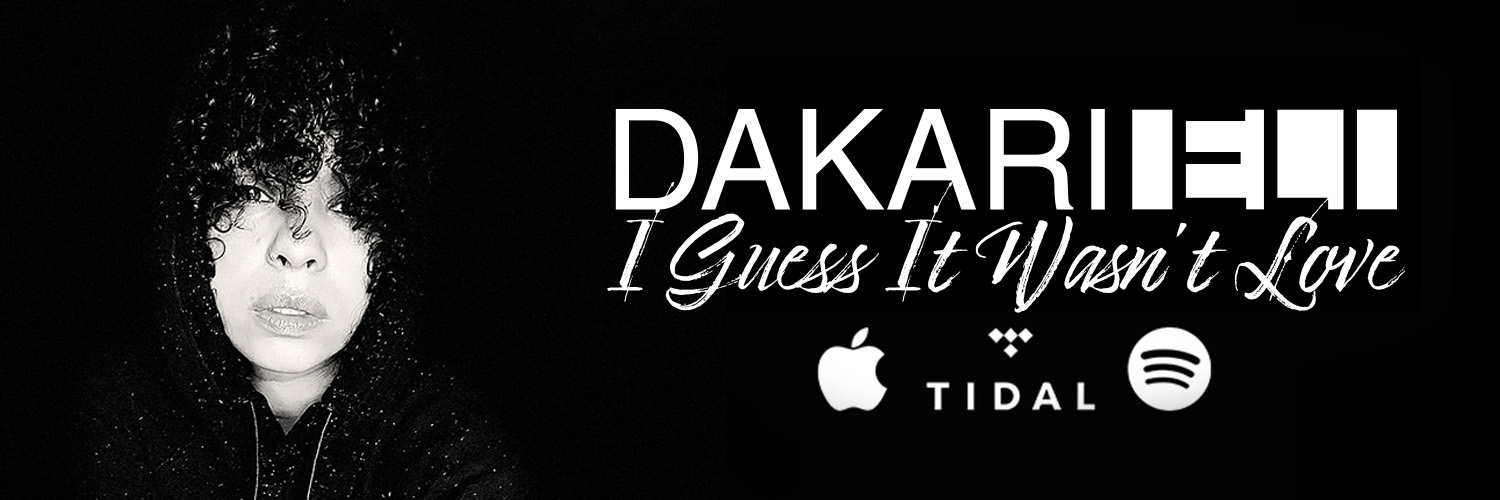Tamika Lamison, a multi-hyphenate talent in acting, directing, and writing, brings her storytelling skills to the forefront in her latest short film, Superman Doesn’t Steal. This interview provides a glimpse into the film’s inspiration, the Virginia native’s creative process, and her plans to take the project to the next level.
Superman Doesn’t Steal explores a complex story set against the backdrop of the 1970s Atlanta child murders. What inspired you to tell this story and how did you approach such a sensitive subject?
It’s a true story inspired by a core memory shared between my brother and me growing up in the South. It happened in the seventies during the Atlanta child murders. It’s literally a true story that has been marinating in my brain for over 30 years. And I always wanted to tell this story. At the end of our film, you’ll see a credit, a quote by the New York Times that they have reopened 157 cases, including some of the specific ones we knew about that were unsolved back during the time these kids were missing and or murdered. I feel like all of these things that were happening sort of moved together to inspire me to tell the story at this time.
The incident that day really traumatized our family, and we never really talked about it. I sent my brother the script. He’s a really harsh critic. I felt like if he gave the green light, it would be okay. He said I really captured that incident and the time… We shot it in Atlanta in August. We finished the film at the end of December, and we premiered it at the Pan-African Film Festival in February of this year and won the audience award. And we’ve just been moving ever since.
The film has a powerful theme of heroes and villains, especially seen through the eyes of the young siblings. How did you develop these characters and what message do you hope the audience take away from their journey?
Well, my brother was a huge comic book fan, and he collected comic books. So, it was a huge thing. He’s my big brother, so I kind of hero-worshipped him. He would always play Batman and Robin, and he’d make me be Robin because I was the girl. But we were both into superheroes. I felt like that was literally the lens that I had to tell it through because what became apparent to me when I was writing it is that almost everyone in this story could be perceived as a hero or a villain, depending on the lens that you use when judging them. All of us really can be a hero or a villain at any time, at any moment.
The only thing that separates us is our choice. I really feel like that is a universal theme. And then what I feel like people could take away from it in addition to that is that we, as Black people in general, but specifically in relation to this story, are not allowed to make mistakes. We don’t really have that leeway and that wiggle room to make certain kinds of mistakes because it could cost us our lives. And I feel, and that’s still relevant today. It’s always been the case, and it still is the case.
As a filmmaker with fellowships from ABC, Walt Disney, and CBS, how have those experiences shaped your approach to storytelling?
That’s a very interesting question. I would say those fellowships have helped me from a perspective of structure and understanding the types of things that I would need to do and know in order to be successful in a studio system. When I was in the Disney fellowship, they had a feature arm as well as a television arm, and I was accepted into the features arm, but I was really interested in TV. They actually allowed me to write two spec scripts. This will tell you how long ago it was. I wrote one for The Practice and I wrote one for My Wife and Kids.

That was a long time ago. And it was weird because I had always written organically. I didn’t know anything about outlining. I didn’t know that’s what you have to do in the studio system. And because that wasn’t how I wrote, I did it the reverse way. I wrote the outline from the script. When I presented the outline, they gave me a couple of little notes and I went back and implemented the notes and gave it to them. They green-lit it. It initially felt very strange because it is just not organic for me, but I know you have to do it that way because the outlines are so detailed. It’s like writing the script already. So, to me, it just seems a little bit counterintuitive, but I understand they want to know exactly what they’re getting. So, it makes sense. I’ve always been an organic storyteller. A lot of my stuff comes from things that I’ve experienced in life. I’ve never been the person to try to write something commercial or that I thought would sell. Maybe I’d be further along in my career. I just write things that are organic or that moved me in some way.
How has this particular work influenced your perspective as a filmmaker?
I have made some attempts to write it that didn’t quite pan out. It just wasn’t right. So, when this story finally came to me, I feel like it was channeled. I was on my stationary bike watching a movie. And all of a sudden, it literally is like dictation being whispered in my ear. I grabbed my phone, and I just started writing the story into my note app. It was dictation. I was doing two other things on a bike and watching a movie. It was fascinating because I’d never experienced anything like that. It was like my ancestors gave me the story because it’s kind of a piece of our legacy. It’s a piece of our history. It’s something for my family.
It has helped me to understand that writing what I know is the easiest, most organic way to write something from a spiritual perspective, from an artistic perspective, and also something that really authentically touches other people. Because if it’s touching me, if it’s moving me, and if it’s really coming from a place of honesty and truth, even if it’s sometimes uncomfortable, then I feel like that’s always going to translate. So, it’s helped me look into some other stories that I have that are personal and a little uncomfortable. I think it just really showed me how important it is to write something that you are connected to in some way.
What has the audience reaction been like for Superman Doesn’t Steal, and are there any particular responses that have stood out to you?
We’ve been really just overwhelmed in the best way with all of our audience responses. We get every culture and every age of people coming up and talking to us about what impacted them the most. I love it when kids come and talk to me about how they feel about the film and the things that they really liked about it. They definitely relate to the kids and the mistakes and the superheroes and the villains.
Last question, do you plan to expand the movie, the short, into a feature-length film or series?
My brother really wants to see it as a series. When we got into the Cleveland International Film Festival, the guy who runs that festival was really a fan of the film. And he was like I see this as a series. I hope you develop it as a series. I have always seen it as a feature and we have expanded it into a feature script. My brother and I wrote it together. We’re still working on it, but we actually got into the Gotham Week Project Market’s Shorts to Features program. They screened the short at the Nighthawk Theater in Brooklyn. We had a lot of meetings set up and we met with Sundance, and they invited us into the second round of the screenplay lab with our script. Sundance is such a hard nut to crack. It’s like any little nod that you get feels like I’m validated.
Congratulations on the, you know, congratulations on all the accolades and everything that you accomplished. This film is truly incredible.
I really appreciate that. You know, I’m happy with it. I know sometimes with filmmaking, it’s a challenge and you don’t always get exactly the vision that you wanted. You’ll get something close. You know, you write it, that’s one version. You shoot it, that’s another version. You edit it, that’s a whole other version, right? Truly this movie, the vision that I had is the vision that is on that screen. If anything, it’s even better. I’m just so grateful. I had like an incredible cast and crew… I have to give a shout out to Erin G. Wesley, an incredible Black female cinematographer. We don’t have a lot of those. She’s a superstar in the making. I want to shout out my design team, the production design team, hair and makeup, and everyone else who contributed to the film. It was just such a good group of people.
We’ve been on this festival journey for a while and the first time I screened it in Atlanta was at the Black Women’s Network Film Festival. I won the best screenplay award. And Aunjanue Ellis-Taylor was there with a film, and they gave her the best actor award. She saw our film and she said how much she loved the film. I told her I wanted to work with her, and she said the same about me. And I was like, oh my gosh. I was kind of fangirling, but also just trying to accept that this woman just saw our film and was loving it. I ran into her again at Martha’s Vineyard. I asked her if she would give us a quote and she did. So, I’m going to share the quote with you.
“Superman Doesn’t Steal allows us into that rarefied space of a Black child’s imagination where flight and fearlessness play. It reminds us, capes are worn by mothers and fathers and that love, complicated, but abiding love, is the letter-chested hero.”
Be’n Original






